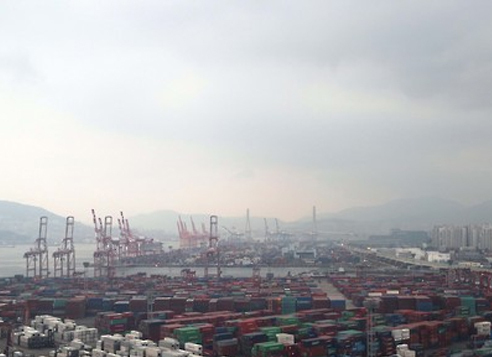Economy
Japan sees decline in value-added trade surplus with Korea
Tokyo’s export curbs to negatively impact global economy due to correlated trade structure
Japan’s trade surplus in value-added goods and services (TiVA) with South Korea took a downturn during the 2005-2015 period, reflecting the diversifying structure of cross-border logistics and trade, statistics showed on July 14.
In light of the growing interconnectedness of the global value chain, the country’s recent decision to restrict high-tech exports to Korea is likely to affect not only the two countries but also the global economy, government officials in Seoul said.
 |
According to the Organization of Economic Cooperation and Development, Japan logged $135.2 billion in aggregated TiVA from 2005 to 2015. Its total trade surplus during the same period stood at $303.2 billion.
TiVA, which measures the value added by each country in the production and distribution process, is an international trade indicator that is equivalent to operating profit in corporate business transactions.
The measure was developed because conventional indexes can no longer precisely reflect the flow of goods and services in complex global production chains.
For instance, when a Korean customer purchases a Japanese television for 1 million won ($848), the price of the display panel -- imported from China -- would be excluded when assessing Japan’s TiVA for the transaction.
With an increasing number of countries participating in the global value chain, Japan’s TiVA surplus with Korea has declined in recent years, data showed.
Tokyo’s TiVA with Seoul dipped from $14 billion in 2005 to $3.9 billion in 2015, down 72 percent during the 10 years. Its total trade surplus decreased 58 percent during the same period, from $27.3 billion to $15.7 billion.
Given today’s multilateral, globalized trade structure, Seoul’s Ministry of Economy and Finance said, the impact of Japan’s disputed export restrictions can be expected to spread beyond the East Asian region.
“The recent growth of the global economy was partly due to the closely interrelated global value chains,” said a ministry official.
“Japan’s latest actions, including the export curbs, would result in the severing of such value chains and consequently deliver negative impacts on the global economy.”
By Bae Hyun-jung / The Korea Herald (tellme@heraldcorp.com)








